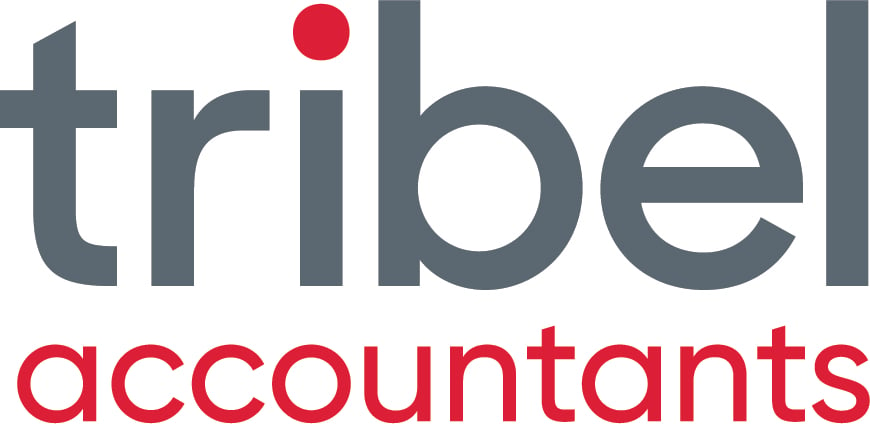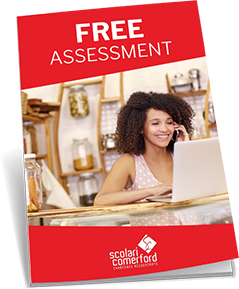INTRODUCTION:
Having grown up on a farm myself and being small business accountants Sydney & Dubbo with farming clients both big and small, I regularly get asked by business owners who are doing well whether they should go out and buy a farm to save tax.
It all sounds wonderful and could be the best thing you ever did. However, there are few questions I always pose prior to any decisions being made.
Here are some of the things you should consider.

Figure 1: Being a Pitt Street Farmer sounds great but what is your real goal? Photo courtesy of Seth Godin's The Purple Cow
1. You Might Save Tax But Will You Make Money?
Minimising tax is always a goal of any small business accountant Sydney and if you want to save tax then losing money is one way to do it! Whilst negative gearing can be a very effective way to save tax, at the end of the day you need to understand whether the investment makes a capital and income return on your money invested.
According to the Rural Bank research paper, farmland annual growth went up 10.2% in NSW in 2015 compared to 2014, and over 10 years 3.3%, and over 20 years 6.1%. This of course is regarding capital growth of the land only.
According to ABARES research, the rate of return (including capital appreciation) on broadacre and dairy farms for the period 2011-2014 was on average 1.1% so that gives you an idea on what the challenges might be when facing commodity prices and drought.
Like any investment, you need to do your research to beat the averages. Depending on the location, there maybe scope for higher capital appreciation if primary production land is located on the fringes of a growing regional town or city for example. According to the rural bank, the rural land with the highest increases were those near coastal regions.
At the end of the day, run some scenarios after income tax and capital gains tax over say a five year and ten year period based on capital and income returns. Are you still in front after everything?
Remember as a farm is usually used to be run by a business, the risks associated with such an investment are greater. This means the land may not be worth as much as you hoped when the time comes to sell. Of course, if the rural game fires and agriculture is strong, the land values could be much higher than when you bought it. Therefore, buying a farm could be regarded as a much riskier investment than a diversified parcel of shares or residential real estate.
2. Does The Farm Qualify For The Tax Deductions?
In the old days, you could run farms at massive losses with minimal size and income and offset these against your other taxable incomes where your tax structures allowed it. This was the era where the term 'Pitt Street Farmer' became popular with wealthy city people looking for ways to offset their tax through loss making farms (particularly negatively geared ones). Many Sydney accountants were showing people that farms were a great example of how to save tax. This has of course all now changed.
To claim non-commercial losses in business you need to have a genuine business and you need to meet the income requirement that your other income must be less than $250,000.
Your other income includes:
- taxable income (ignoring any business losses);
- total reportable fringe benefits amount;
- reportable superannuation contributions;
- total net investment loss.
If you pass the income requirement, you must then meet one of the four tests unless either:
- you are covered by an exception to the rules;
- the Commissioner's discretion allows you to offset your loss against other income.
- special circumstances occurred that were outside your control such as drought, flood, bushfire or some other natural disaster, which prevented your business activity from producing a tax profit;
- due to the nature of the activity, there is:
- a lead time before the business will make a tax profit;
- an objective expectation, based on independent evidence, that it will make a profit in a time that is considered commercially viable for that industry.
Once you meet the income requirement you must then pass one of the four tests.
The four tests are:
- The assessable income test – the business has assessable income of at least $20,000;
- The profits test – the business had a profit for tax purposes in three out of the past five years (including the current year);
- The real property test – the value of real property or of an interest in real property that you used in the business on a continuing basis was at least $500,000;
- The other assets test – the value of assets (excluding real property, cars, motor cycles and similar vehicles) you used on a continuing basis in carrying on the business was at least $100,000.
3. What Strain If Any Will It Put On Cash Flow?
Always check whether this investment (just like any other) will put a strain on your existing business's cash flow. Make sure you do solid 3 way budgets (including cash flow forecasts) as you don't want the farm to bring down your main money making enterprise that funds everything else.
4. Other Considerations
Who will run your business? Will you be able to find a manager or employee to manage it?
Will you use consultants to help you with the required expertise or are you going to just wing it?

Figure 2: Balmain Baz might not be the best dog for the job when it comes to sheep and cattle. Who will manage your farm?
CONCLUSION:
Hopefully you can see that investing in a farm will take a fair bit of researching and not just whether it saves tax or not.
Many have saved tax in the past but it has cost them a lot more than just the other 60c in the dollar!
Having grown up on a farm myself and being small business accountants Sydney and Dubbo with farming clients both big and small, I regularly get asked by business owners who when doing well whether they should buy a farm to save tax.


.png?width=100&height=100&name=COVID_Safe_Badge_Digital%20(002).png)




